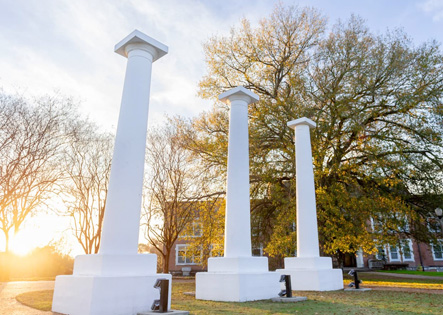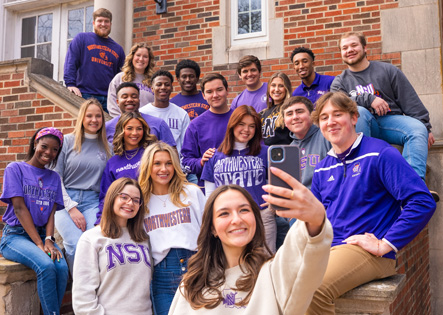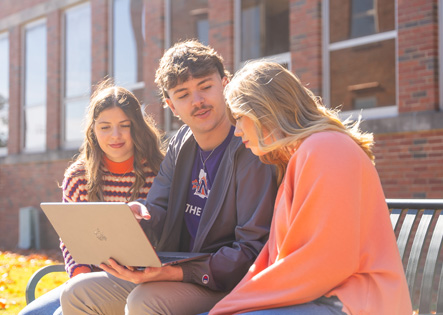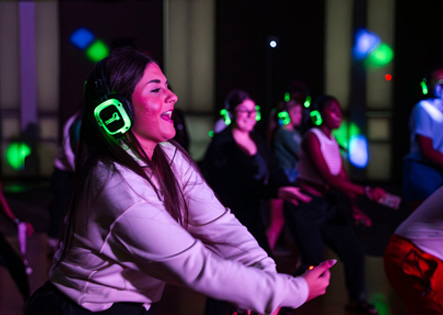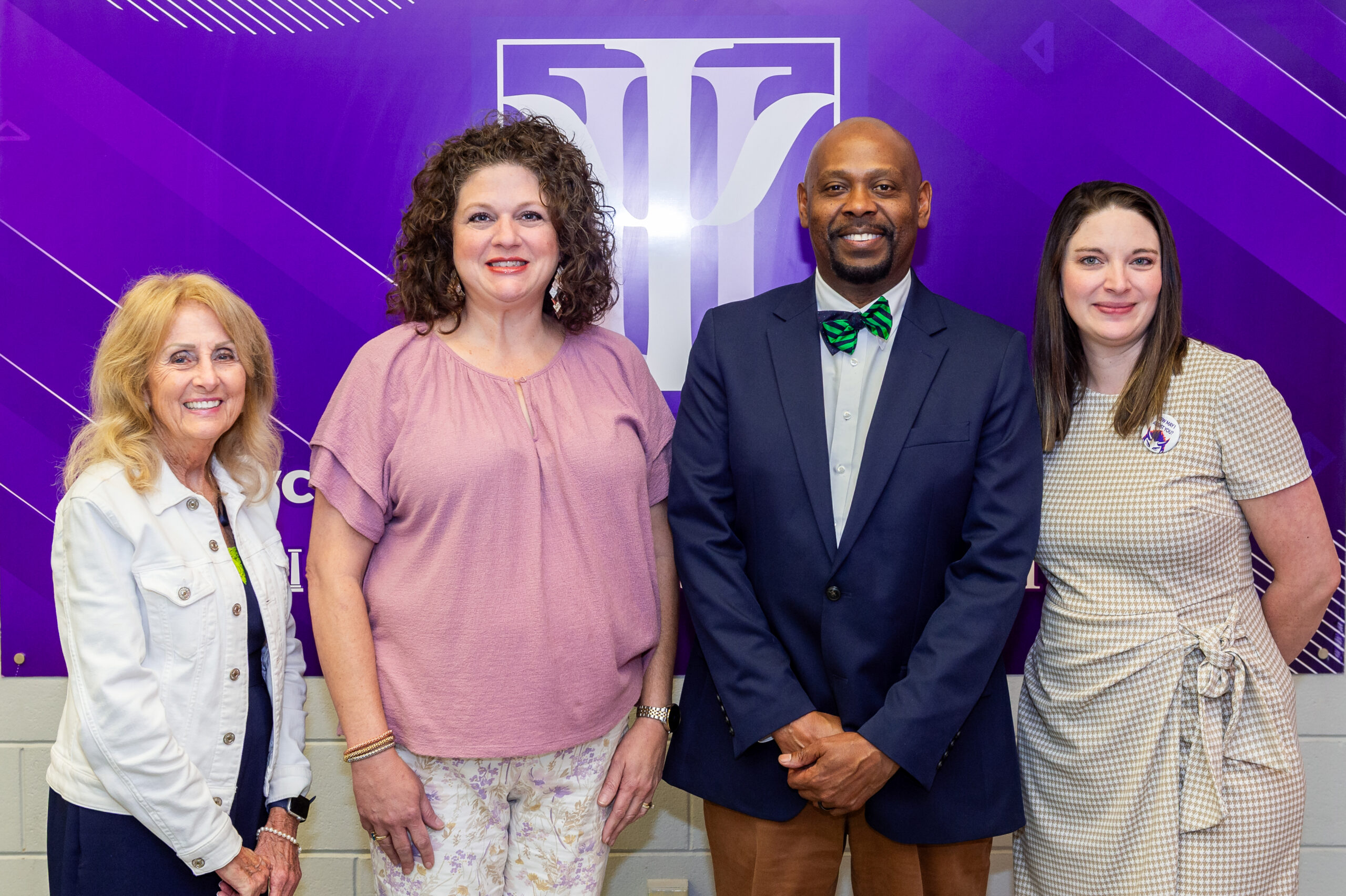Sept. 5, 2025
NATCHITOCHES – Northwestern State University students seeking support while navigating addiction recovery have an extra resource starting this semester. Demons for Recovery is one of Louisiana’s newest collegiate recover programs (CRPs), a growing student resource that can be a lifesaver for students making the transition from a home environment to a college environment.
NSU’s Department of Psychology and Addiction Studies received a grant from the Louisiana Board of Regents, in partnership with the Louisiana Department of Health, to establish Demons for Recovery, joining several other public and private institutions with such programs. Nationwide, there are nearly 200 college recovery programs. The grant will fund the initiative over a three-year period.
Dr. Charles R. King, department chair; Sarah Ebarb, program coordinator, and Hillary Bennett, peer support specialist, will play key roles in the development and implementation of the program.
“Combining academic achievement with recovery support allows students to thrive without sacrificing one for the other,” King said.
“The transition to college often includes increased stress, social pressures and a new level of independence,” Ebarb said. “For students in recovery, these challenges can be triggering. The party culture, availability of substances and lack of familiar support systems can make it difficult to maintain sobriety. Without adequate support, students may relapse or feel isolated, which can negatively impact their mental health and academic performance.”
NSU identified the need for a collegiate recovery program through national data, campus mental health trends and direct feedback from students and faculty. Supported by the grant, Demons for Recovery will offer weekly peer support group meetings, educational seminars, sober social and outreach events, scholarships and a designated lounge in Student Union Room 313 for students to gather for meetings, quiet study or connection. Funds will be allocated to training staff and student leaders on how to support individuals in recovery effectively and compassionately. Staff also plan to launch an awareness campaign with informational sessions, class presentations, digital outreach and collaboration with student organizations.
“Our projected outcomes include increased retention rates among students in recovery, reduced relapse rates and improved overall well-being and academic performance,” Ebarb said.
While substance abuse recovery is a core focus, recovery can extend to many other behavioral addictions. Administrators plan to take an “All Recovery” approach.
“Recovery is a sign of strength, not weakness. Choosing recovery shows courage, self-awareness and a commitment to personal growth. By normalizing conversations around substance use, we can create a healthier, more inclusive campus culture. Recovery should be supported and celebrated, just like any other journey of self-improvement,” Ebarb said.
Anyone interested in the program can contact Ebarb at CRPP@nsula.edu, or visit the office located in 313 Bienvenu Hall. The webpage https://www.nsula.edu/crpp/ will roll out soon.
